The Last of the Unjust
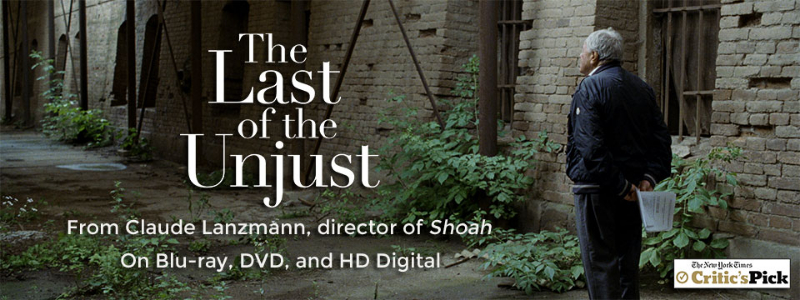
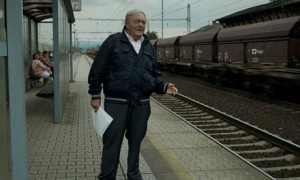 Theresienstadt was a “model ghetto” used by the Nazis as propaganda to project the appearance of humane treatment of Jews. It was “the gift to the Jews,” a paradise filled with happy children and content elderly; however, the image cast was not grounded in the terrible reality of the place, a place Benjamin Murmelstein described as “death in slow-motion.”
Theresienstadt was a “model ghetto” used by the Nazis as propaganda to project the appearance of humane treatment of Jews. It was “the gift to the Jews,” a paradise filled with happy children and content elderly; however, the image cast was not grounded in the terrible reality of the place, a place Benjamin Murmelstein described as “death in slow-motion.”
Benjamin Murmelstein was the last of the Jewish Council in the Theresienstadt ghetto and the only “Elder of the Jews” not to have been killed during the Second World War. As the only Elder to survive, was Murmelstein a traitor? Or was he a man, caught up in savage contradiction, who committed acts in order to save many at the expense of a few?
The story of Theresienstadt is too complex – as is Murmelstein himself – so much so that, unable to tackle the ambiguous figure in his epic Shoah, Claude Lanzmann took nearly 40 years from his interview with the man to actually confront the difficulties of the story and construct The Last of the Unjust.
What Lanzmann has conceived in The Last of the Unjust is a beautiful and important piece of documentation that treats the subject with startling candour. Audiences are presented with Murmelstein the human, not a demon but a man, who was vain and power-hungry while also being immensely courageous and intelligent. He was a man who took huge risks and made tough decisions to save his people. Murmelstein and the other members of the council realised that they had no other choice than to comply with the Nazis. Theresienstadt was a “model camp” ruled by fear of execution or deportation “east” (Auschwitz). It was a “show ghetto” and he had to display it to the world. Murmelstein compares himself to Scheherazade: he too saved so many lives because he kept telling that story. He kept Theresienstadt important to the Nazis and so kept it alive, but at a large cost through acts that are still hard to comprehend today.
One of the film’s greatest revelations is made upon the character of Adolf Eichmann. Murmelstein exposes him not to be, as the philosopher Hannah Arendt famously noted, the embodiment of “the banality of evil” but a man very much driven by his anti-Semitism. The man was not just “doing his job” but was violent and corrupt; most notably Murmelstein speaks of Eichmann’s physical participation in Kristallnacht.
Through exhumation of his interviews with Murmelstein in 1975 and returning to Theresienstadt, Vienna and Jerusalem in 2012, Lanzmann has created a documentary that exposes the past simply, without deceit and with an intense power.
Naomi Joseph
The Last of the Unjust is released nationwide on 9th January 2015.
Watch the trailer for The Last of the Unjust here:
Please accept YouTube cookies to play this video. By accepting you will be accessing content from YouTube, a service provided by an external third party.
If you accept this notice, your choice will be saved and the page will refresh.

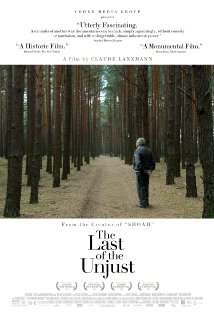

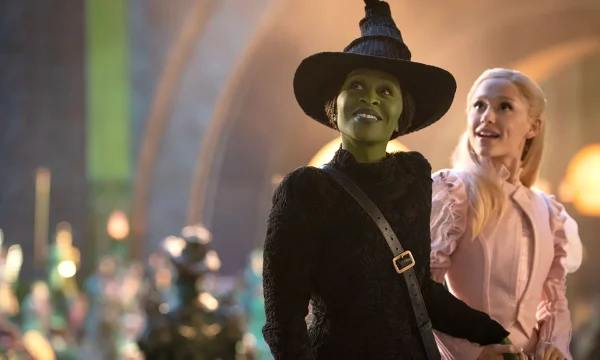
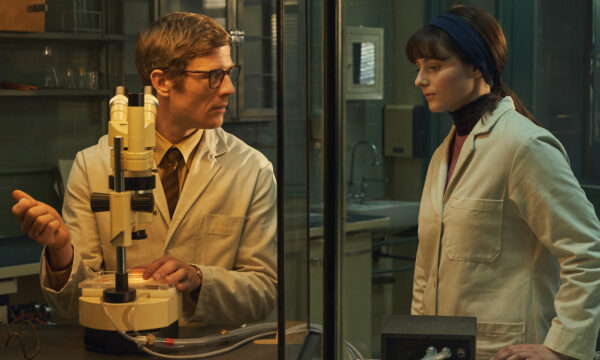
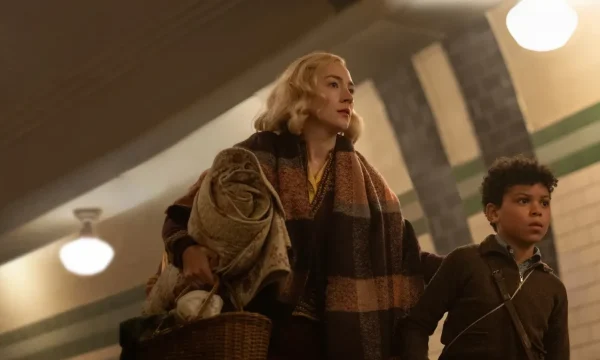
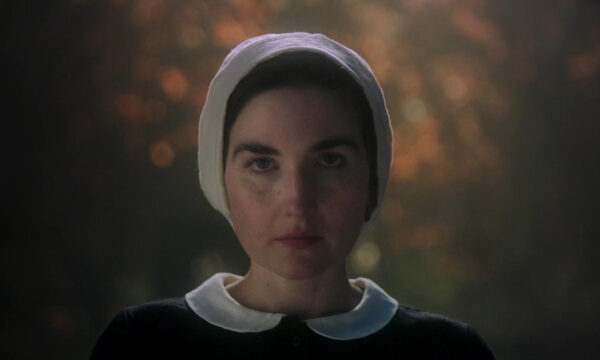
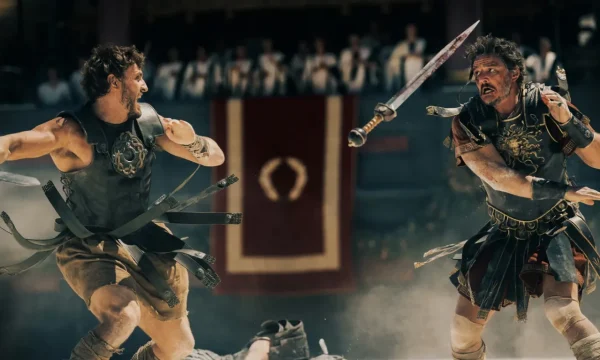
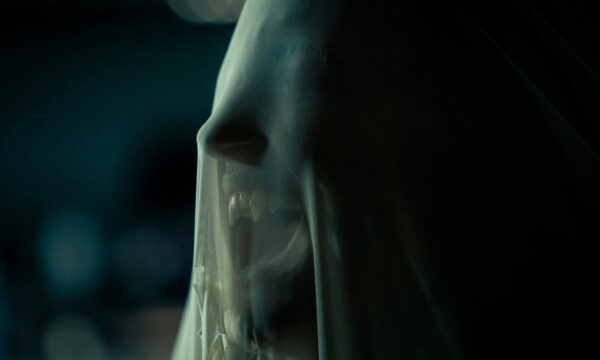











Facebook
Twitter
Instagram
YouTube
RSS